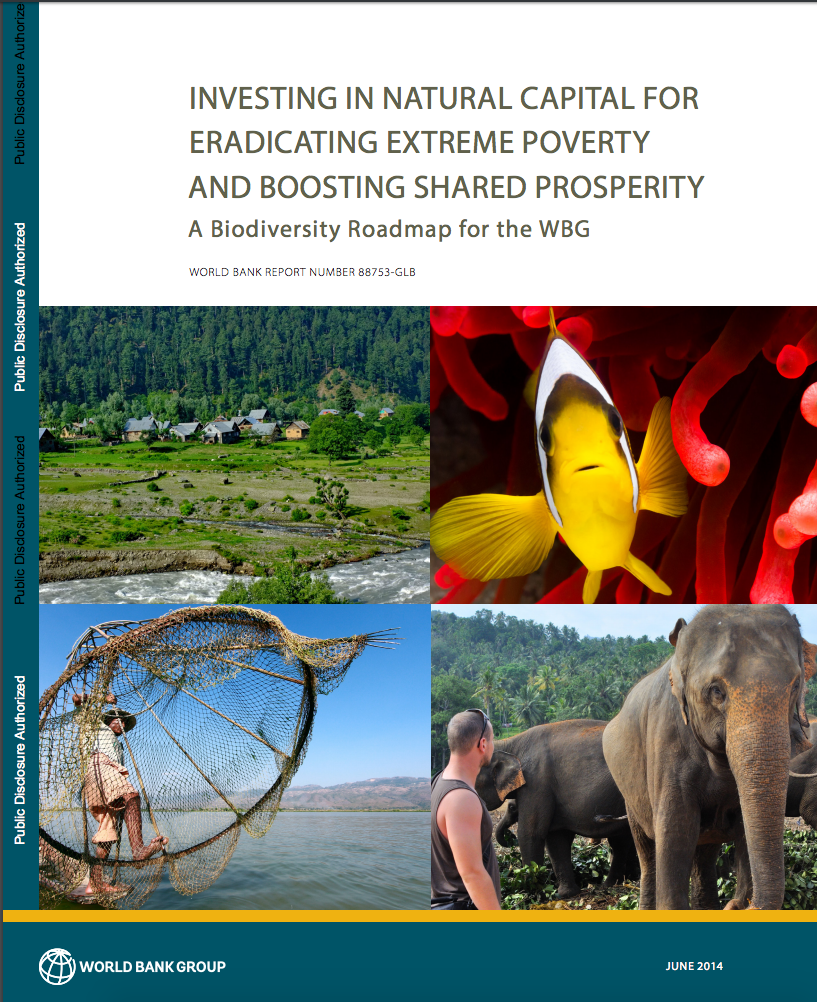Forty years of community-based forestry: A review of its extent and effectiveness
Community-based forestry (CBF) includes “initiatives, sciences, policies, institutions and processes that are intended to increase the role of local people in governing and managing forest resources” (RECOFTC, 2013). It includes formalized customary and indigenous processes as well as government-led initiatives.



